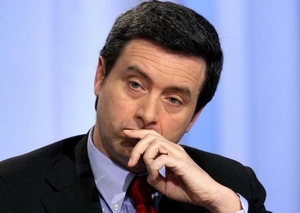ARCHIVIO - Ministro della giustizia Andrea Orlando
aggiornamento: 1 giugno 2018
il Ministro della giustizia è Andrea Orlando fino al 31 maggio 2018
Andrea Orlando è nato a La Spezia l’8 febbraio 1969.
Nel 1989 diventa segretario provinciale della FGCI e l'anno successivo viene eletto nel consiglio comunale della Spezia con il PCI; in seguito allo scioglimento del Partito Comunista Italiano, verrà rieletto con il PDS, di cui diviene capogruppo nel consiglio comunale della sua città nel 1993; nel 1995 diventa segretario cittadino del partito; nel 1997, primo degli eletti in consiglio comunale, è nominato assessore dal Sindaco Giorgio Pagano, prima alle attività produttive e poi alla pianificazione territoriale, incarico che svolge sino alle elezioni del 2002.
Nel 2000, entra a far parte della segreteria regionale come responsabile degli enti locali dei DS e nel 2001 diventa segretario provinciale; nel 2003, è chiamato alla Direzione nazionale del partito da Piero Fassino, prima con il ruolo di viceresponsabile dell'organizzazione, poi come responsabile degli enti locali (2005) e ancora, nel 2006, come responsabile dell'organizzazione entra a far parte della segreteria nazionale del partito.
Nel 2006 si presenta alle Elezioni politiche del 9 e 10 aprile venendo eletto nelle liste dell'Ulivo nella X circoscrizione (Liguria). Allo scioglimento dei DS, nel congresso dell'aprile del 2007, aderisce al Partito Democratico, diventandone il responsabile dell'organizzazione.
Alle politiche del 2008 viene rieletto per il Partito Democratico alla Camera dei deputati nella circoscrizione Liguria, diviene membro della commissione Bilancio della Camera e componente della Commissione parlamentare Antimafia, ed il 14 novembre 2008 è nominato Portavoce del Partito Democratico nella Segreteria nazionale dal Segretario Walter Veltroni, incarico confermato dal nuovo Segretario Dario Franceschini. Nel novembre del 2009 Pier Luigi Bersani, neoeletto Segretario nazionale del Pd, lo nomina presidente del Forum Giustizia del Partito incarico che mantiene fino alla sua nomina a Ministro dell’Ambiente nel 2013.
Dal 2011 al 2013 è chiamato a Napoli per ricoprire il ruolo di commissario del PD.
Alle Elezioni politiche italiane del 2013 è candidato alla Camera dei Deputati come capolista della lista PD nella circoscrizione Liguria, dopo essere risultato il candidato più votato alle primarie del collegio ligure per la scelta dei parlamentari.
Il 28 aprile 2013 viene nominato Ministro dell'Ambiente del Governo Letta.
Il 22 febbraio 2014 ha giurato nelle mani del Presidente della Repubblica, Giorgio Napolitano, come Ministro della giustizia del governo Renzi.
Il 12 dicembre 2016, confermato Ministro della giustizia del governo Gentiloni, ha giurato nelle mani del Presidente della Repubblica Sergio Mattarella.
.
Il ministro della giustizia è il solo ministro ad avere rilievo costituzionale: l'articolo 110 della Costituzione gli assegna il compito di curare "l'organizzazione e il funzionamento dei servizi relativi alla giustizia."
La particolarità discende dalle disposizioni con le quali la stessa Costituzione garantisce la piena autonomia e indipendenza dei giudici da ogni altro potere dichiarando che essi "sono soggetti soltanto alla legge."
L'organo di rilevanza costituzionale che assicura l'autonomia dell'ordine giudiziario è il Consiglio superiore della magistratura che è presieduto dal Presidente della Repubblica. Spetta al Consiglio superiore della magistratura provvedere alle assunzioni, ai trasferimenti, alle promozioni dei magistrati.
La legge che regola il funzionamento del Consiglio superiore della magistratura prevede la facoltà del ministro della giustizia di formulare richieste e osservazioni sulle materie di competenza propria del Consiglio superiore della magistratura. Può partecipare alle sedute del Consiglio quando ne è richiesto dal Presidente o quando lo ritiene opportuno per fare comunicazioni o dare chiarimenti. Inoltre ha facoltà di chiedere ai capi delle Corti informazioni circa il funzionamento della giustizia.
Esprime il concerto sulla nomina dei capi degli uffici giudiziari.
Il ministro della giustizia ha la facoltà di promuovere l'azione disciplinare. Il Consiglio superiore della magistratura si pronuncia sulle azioni promosse dal ministro.
La Costituzione prevede dunque le due funzioni fondamentali del Ministro: l'organizzazione dei servizi e la titolarità dell'azione disciplinare nei confronti dei magistrati. Le altre funzioni sono definite con legge ordinaria.
The Minister of Justice
The Minister of Justice is Andrea Orlando until 31 May 2018
Andrea Orlando was born in La Spezia on 8 February 1969.
In 1989 he became provincial secretary of the Youth Federation of Italian Comunists (FGCI - Federazione Giovanile Comunisti Italiani) for the province of La Spezia, and the following year he was elected member of the City Council of La Spezia for the Italian Communist Party (PCI - Partito Comunista Italiano). After the dissolution of the Italian Communist Party he was re-elected to the City Council with the Democratic Party of the Left (PDS - Partito Democratico della Sinistra). In 1993 he became the party’s leader in the City Council and in 1995 the Town Secretary of the party; in 1997 he was elected with the highest number of votes to the City Council and the Mayor of La Spezia, Giorgio Pagano, appointed him town councilor [assessore] to productive activities first and then to territorial planning: he held this post until the 2002 elections.
In 2000 he was appointed member of the Democrats of the Left (DS - Democratici di Sinistra) regional secretariat for Tuscany as chief-in-charge of local authorities. He became the party’s provincial secretary for La Spezia in 2001, and in 2003 Piero Fassino called him to the party’s national directorate to work initially as deputy chief-in-charge of organization and after (2005) as chief-in-charge of local authorities.
In 2006 he became member of the party’s national secretariat as chief-in-charge of organization.
In 2006 he stood as a candidate in the general elections of 9-10 April, and was elected in the 10th constituency for the Liguria region of the “Ulivo” [Olive tree] coalition. In April 2007, at the congress marking the dissolution of the Democrats of the Left party, he joined the Democratic Party (PD - Partito Democratico) and was made chief-in charge of organization.
In the 2008 general elections he was re-elected to the Chamber of Deputies in the Liguria constituency for the Democratic Party and appointed member of the Budget Committee of the Chamber of Deputies and member of the Anti-mafia Parliamentary Committee.
On 14 November 2008 he was appointed spokesman for the Democratic Party by the party’s Secretary, Walter Veltroni, at the party’s national secretariat; his appointment was confirmed by the party’s successive Secretary, Dario Franceschini.
In November 2009 Pier Luigi Bersani, the national Secretary-elect of the Democratic Party, appointed him Chair of the Party’s Justice Forum and he held this appointment until 2013, when he became Minister for the Environment.
From 2011 to 2013 he was Commissioner of the Democratic Party in Naples.
In 2013, having obtained the highest number of votes in the Liguria constituency’s “primary elections” for selecting the party’s candidates to the general elections, he lead the Democratic Party’s list of candidates for that constituency in the general elections to the Chamber of Deputies.
On 28 April 2013 he was appointed Minister for the Environment in the Letta government.
On 22 February 2014 he was sworn in by the President of the Republic, Giorgio Napolitano, as Minister of Justice in the Renzi government.
On 12 Dicember 2016 he was sworn in by the President of the Republic, Sergio Mattarella, as Minister of Justice in the Gentiloni government.
The Minister of Justice is the only Minister with a constitutional status: Article 110 of the Constitution provides that it has responsibility for “the organization and functioning of those services involved with justice”.
This attribute derives from the Constitution which provides that the judiciary is a branch that is autonomous and independent of all other powers, declaring that it “is subject only to the law”.
The constitutional body that ensures the independence of the judiciary is the High Council of the Judiciary [Consiglio Superiore della Magistratura], presided over by the President of the Republic. The High Council of the Judiciary has jurisdiction for employment, assignments and transfers, promotions of judges.
The law governing the Council’s functioning grants the Minister of Justice the faculty to submit requests and observations on matters of direct competence of the Council and to take part in the Council’s sittings - either upon request of the Council’s President or whenever the Minister deems it appropriate - in order to make statements or clarifications. The Minister is also granted the faculty to require information from the heads of the Courts on the management of justice.
The Minister of Justice gives its opinion on the appointment of the heads of the courts.
The Minister of Justice is also entitled to take disciplinary actions. The High Council of the Judiciary gives its opinion on the actions taken by the Minister.
Indeed, the two fundamental functions of the Minister of Justice are indicated in the Italian Constitution: the organization of the services related to the judiciary and the right to take disciplinary action against a judge. The other functions are defined by ordinary laws.


